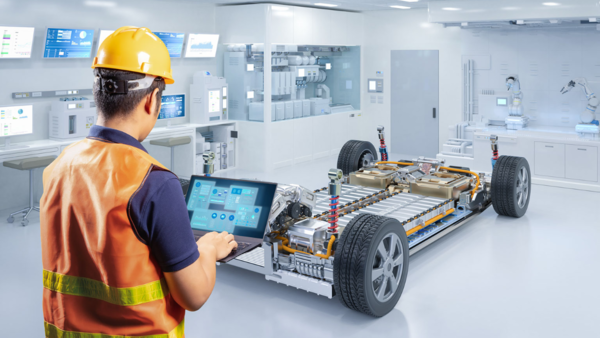Currently, India is completely dependent on foreign imports, mainly from China, for its lithium needs. Between 2020 to 2021, India imported lithium worth Rs 6,000 crore, out of which Rs 3,500 crore of lithium was bought from China. Lithium is a non-ferrous metal which is used to make rechargeable batteries for smartphones, laptops and electric vehicles.
By 2030, India is expected to have 13.92 lakh EVs on the roads. The discovery of these lithium reserves serves as good news because they are absolute alternatives to the ores that are being dug out of the earth currently. The unique thing about making lithium-ion batteries for EVs, is that once the lithium is extracted, it can be used indefinitely because the lithium inside the battery packs can be recycled infinitely and put into new battery packs.
‘Right to Repair’ explained: How it protects your car/bike warranty | TOI Auto
In a recent conversation with TOI Auto, Rajat Verma, Founder & CEO, Lohum, a recycler of lithium-ion battery raw materials said, “At some point in time, on a steady scale, when we start producing 10 million EVs every year and we are recycling the same number of vehicles, your entire battery will be made from recycled material. That is the ideal situation all countries want to get to. If we achieve that, we would have done two things, first secured our energy and second, we would have reduced the carbon footprint substantially as recycling is a much less expensive activity than extracting from a mine.”
It is estimated that by 2027-28, the global ecosystem will be manufacturing up to 3,000 GWH of batteries. With the discovery of these new lithium reserves, India could become a major stakeholder of the global supply chain. In even better news, government sources suggest that the reserves found in Jammu and Kashmir are much better than anywhere else. The standard lithium found elsewhere is 220 parts per million (ppm), in J&K, the lithium found is estimated to be 500 ppm. This means that India’s lithium mining will have a higher yield at half the effort. This will add up to cost benefits in the long run.

The cost benefits are essential to sustain India’s current EV adoption growth rate and towards the net-zero 2070 emissions goal. No government can afford to offer subsidies for an infinite period of time and the FAME II scheme has already started to show signs of roll back. The domestic supply of lithium will allow manufacturers to maintain reasonable prices for their EVs, when the subsidy schemes are removed.

